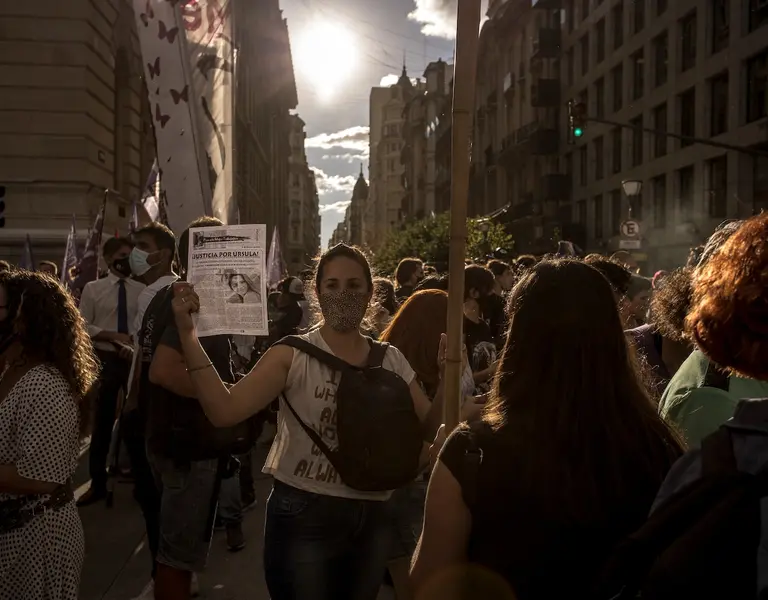Nearly 30 years ago, Edgardo Aló begged his 17-year-old daughter, Carolina, to leave her abusive boyfriend. The next night, she was brutally murdered—stabbed 113 times by Fabián Tablado just days before her 18th birthday. That tragic 1996 night ignited Edgardo’s relentless fight for justice, culminating in Argentina’s 2012 legal recognition of femicide as an aggravating factor in homicide cases.
Now, under President Javier Milei’s administration, that hard-fought progress is in jeopardy. Argentina’s Minister of Justice, Mariano Cúneo Libarona, recently announced plans to eliminate femicide from the penal code, arguing it distorts legal equality. Critics warn this move threatens women’s safety, undoing years of advocacy by human rights groups.
Milei’s stance against “radical feminism” was evident in his World Economic Forum speech, where he questioned why femicide carries harsher penalties than other homicides. His administration has already weakened programs supporting gender violence survivors, sparking fears of increased danger for Argentine women.
Legal experts emphasize the distinct nature of femicide, highlighting that most victims are murdered by current or former partners. From January to November 2024 alone, Argentina recorded 252 femicides, with two-thirds occurring at home. Campaigners argue that eliminating femicide laws disregards the systemic violence women face.
Edgardo, who spent decades pushing for legal reform, fears his daughter’s case could repeat itself. Tablado, sentenced to 24 years but granted early release, is now free, despite past threats against other women. Edgardo carries an anti-panic button daily, living in fear. Every Christmas, he sets a glass on the table for Carolina—his fight for justice still unfinished.
Source: Swifteradio.com


